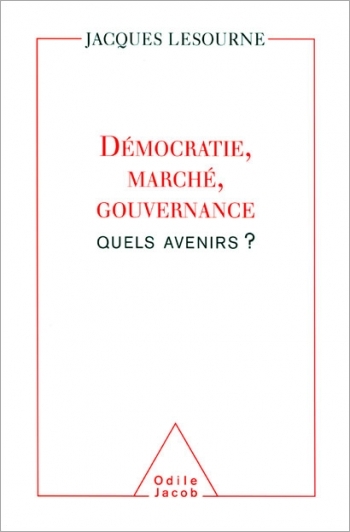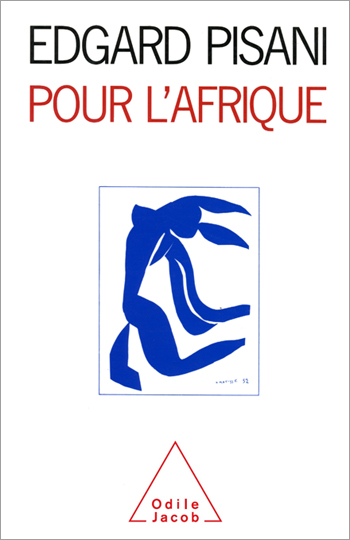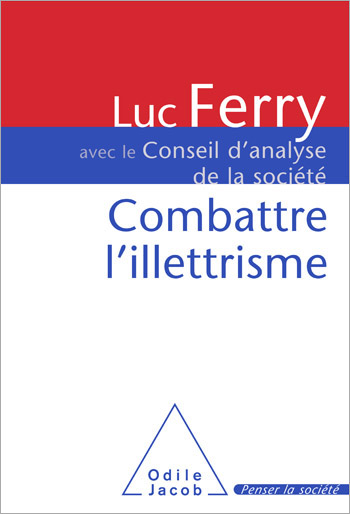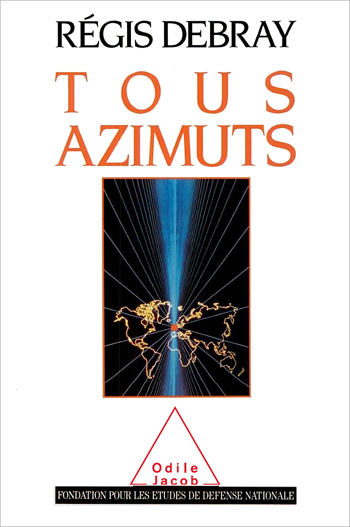Testimonials, News, Investigations All books
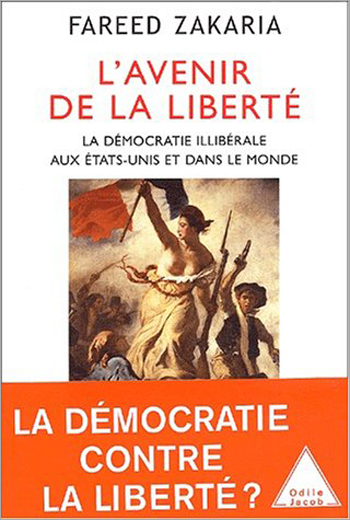
Fareed Zakaria
The Future of Freedom
Is it really so that more democracy leads automatically to more freedom ? Why, in the four corners of the world, are we now seeing an increased capacity for religion to mobilise the people ? Why, in Europe as in the United States, do we have minorities and oligarchies reigning in the name of the people ? Why has there been an increase in the number of regimes which are born from the polling booth, yet which exalt fanaticism, repression and war ? A dazzling world tour of the geo-political horizon, and also a lesson in modern and contemporary history, which we lead us to reexamine our own prejudices. Fareed Zakaria is the editor of Newsweek International and was formerly the managing director of the review Foreign Affairs.
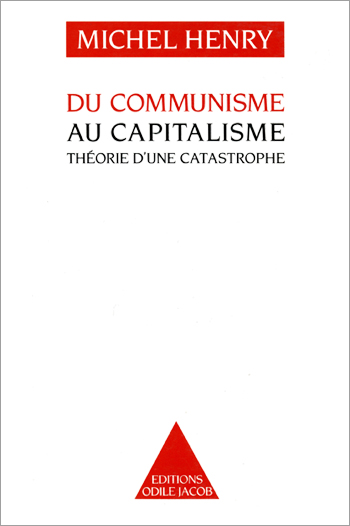
Michel Henry
From Communism to Capitalism : A Theory of Disaster
Communist totalitarianism is breaking apart because it rejected reality in favour of abstractions and falsely universal principles. Those who now rush West from Prague or Bucarest cannot imagine what awaits them: the levelling of values and individuality. M. Henry s work is a meditation against everything which undermines these disoriented refugees, whether it be spiritual starvation, creative thirst, or physical hunger.
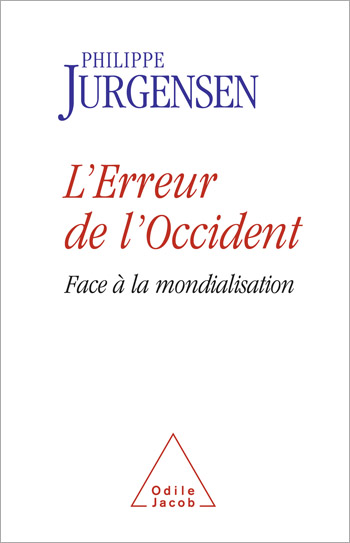
Philippe Jurgensen
The Error of the West In the face of globalization
Philippe Jurgensen shows how the growing economic gap between North and South is responsible for four major threats that, in the short or long term, will endanger the small group of rich nations that possess three-quarters of the worlds wealth. These four threats demographics, health, the environment, strategy are each analysed in turn in a way that is accessible to non-specialists. Jurgensen shows that the current selfish attitude of the West is not only reprehensible but, above all, dangerous and therefore politically untenable. Philippe Jurgensen is a senior official of the French Treasury.
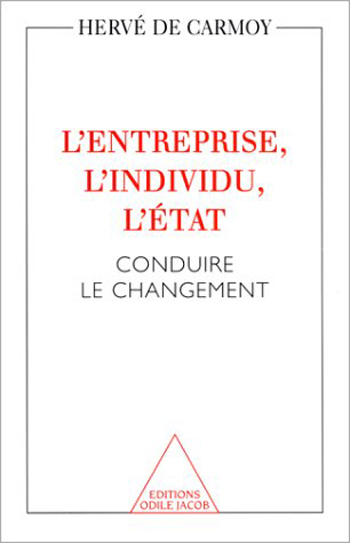
Hervé de Carmoy
Entreprise, Individual and State Leading to Change
The author believes that France is suffering from numerous ills, including inertia, demagogy, unemployment, corruption, corporotism, elitism, and a general withdrawal from the outside world. He also thinks that much more than clear-headedness and a desire for change are required if a cure is to be found. What is the best way of making the necessary changes? How have others gone about implementing those changes? He believes the business world provides an excellent model for learning how to deal with an ever-changing environment. Hervé de Carmoy was formerly general director of the Midland Bank in London.

Commission Canberra
Eliminating Nuclear Arms
"Legally, politically and strategically nuclear arms have been reduced to a tiny number of marginal hypotheses and will soon be mere anachronisms. They have lost their justification, their reason for being. But they continue to represent a danger for humanity : they could be used by accident or by mistake due to the mistaken interpretation of another country's attitude. We must therefore do everything in opur power to eliminate them once and for all." Michel Rocard
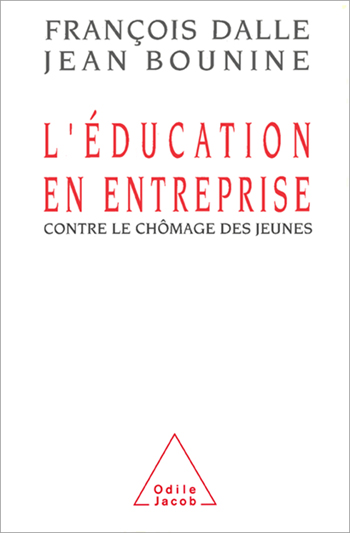
François Dalle, Jean Bounine
Education in Business Against the Unemployment of the Young
Each year in France, 250,000 young people come out of the education system without even a shred of a diploma. The German example and that of Japan shows that the work situation and economic performance are better when schools assure proper instruction and enterprise takes charge of paving the way to employment. François Dalle, President of l'Oréal from 1957 to 1984, and Jean Bounine, advisor to the general directors of this group, are the authors of a 1987 report on employment.
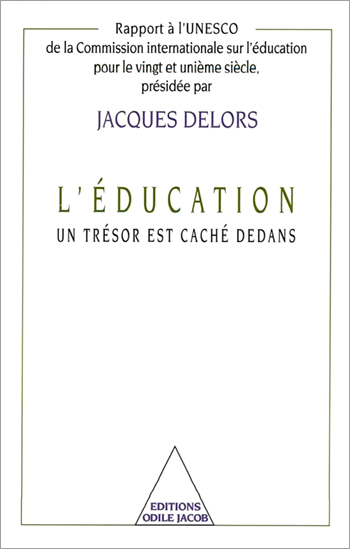
Jacques Delors
Education The Hidden Value Within
In this book, Delors specifies the educational objectives we should strive for: competence is vital, but it is equally necessary to prepare people to master knowledge, to teach themselves, to live together and, most simply, to be. We must invent and instill an approach to education that truly prepares men and women to take their own futures in hand, and such a feat implies not only economic efficiency, but also an adequate preparation for everyday life. Shouldn't the mastery of education be the next challenge taken up by the global community?
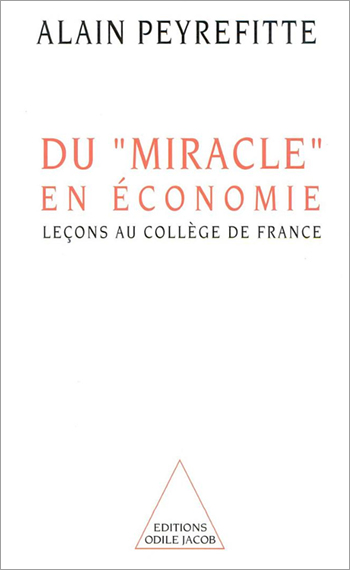
Alain Peyrefitte
The Economic "Miracle"
The 20th century has been marked by the growing awareness of the unbearable gap between developed and under-developed countries. And the most outstanding fact of the next century will probably be the worsening in this imbalance. In order to find a solution to the under-development scandal, Alain Peyrefitte attempts to understand the miracle of development. He examines the successive miracles which have allowed a part of humanity to pull through the turns of dictatorship or anarchism, violence and destitution.

Maxime Schwartz, Jean Castex
The Discovery of the AIDS virus The Truth about Gallo/Montagnier affair
In Stockholm, on 10 December 2008, the King of Sweden awarded the Nobel Prize in medicine to Françoise Barré-Sinoussi and Luc Montagnier, for their discovery of the AIDS virus...
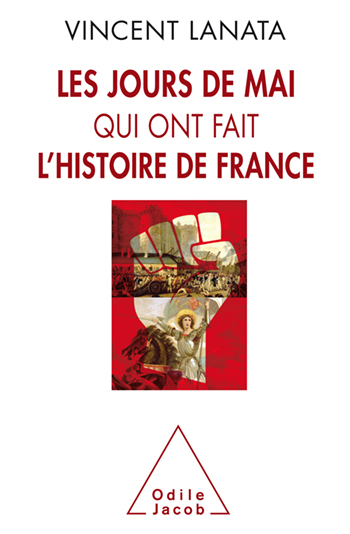
Vincent Lanata
The Days in May that Made History in Fran
The history of France is presented here in an amusing and unexpected way. The final chapter offers a consideration of themes that remain decisive in the life of France: war, Europe, geopolitics, and others.

